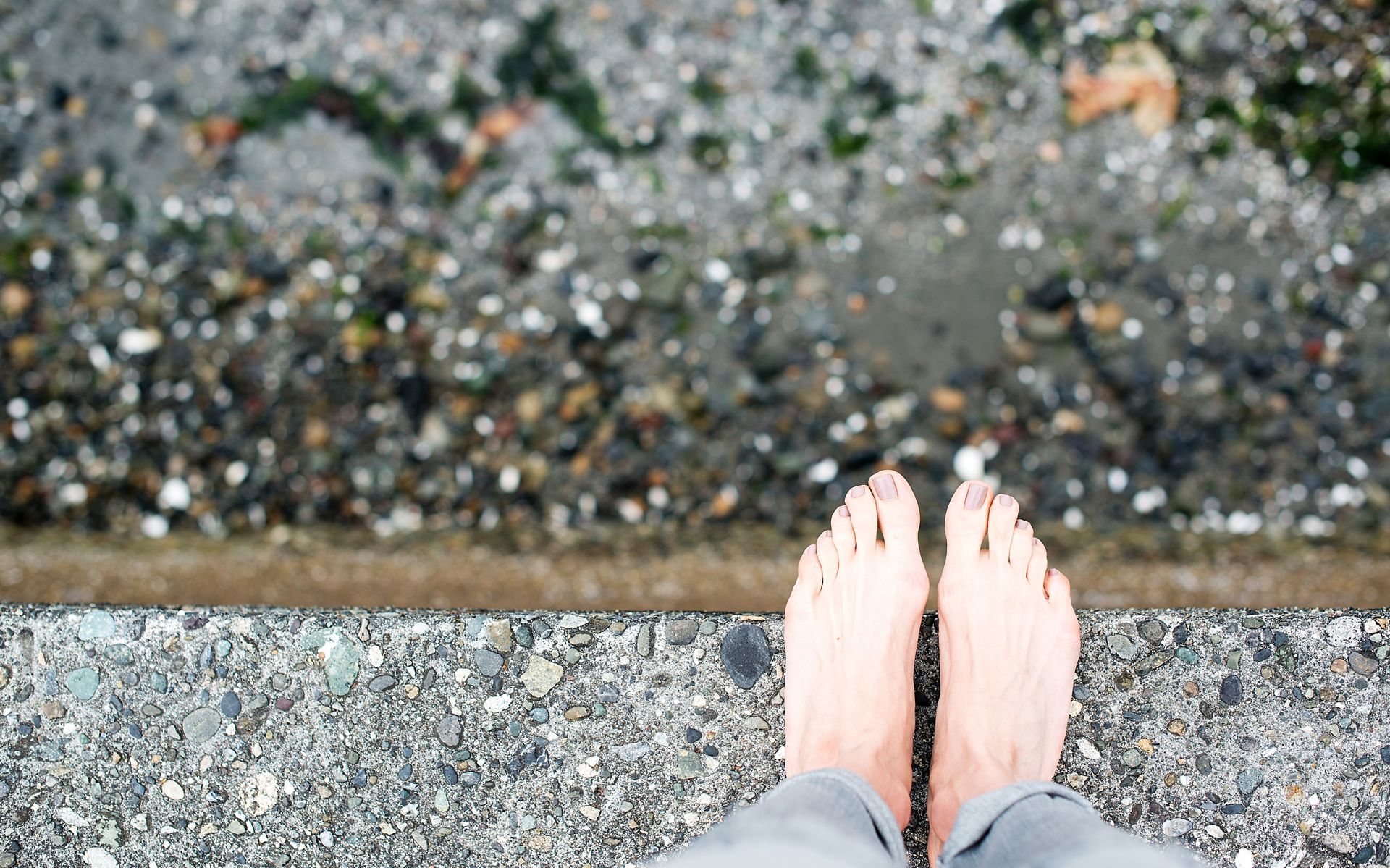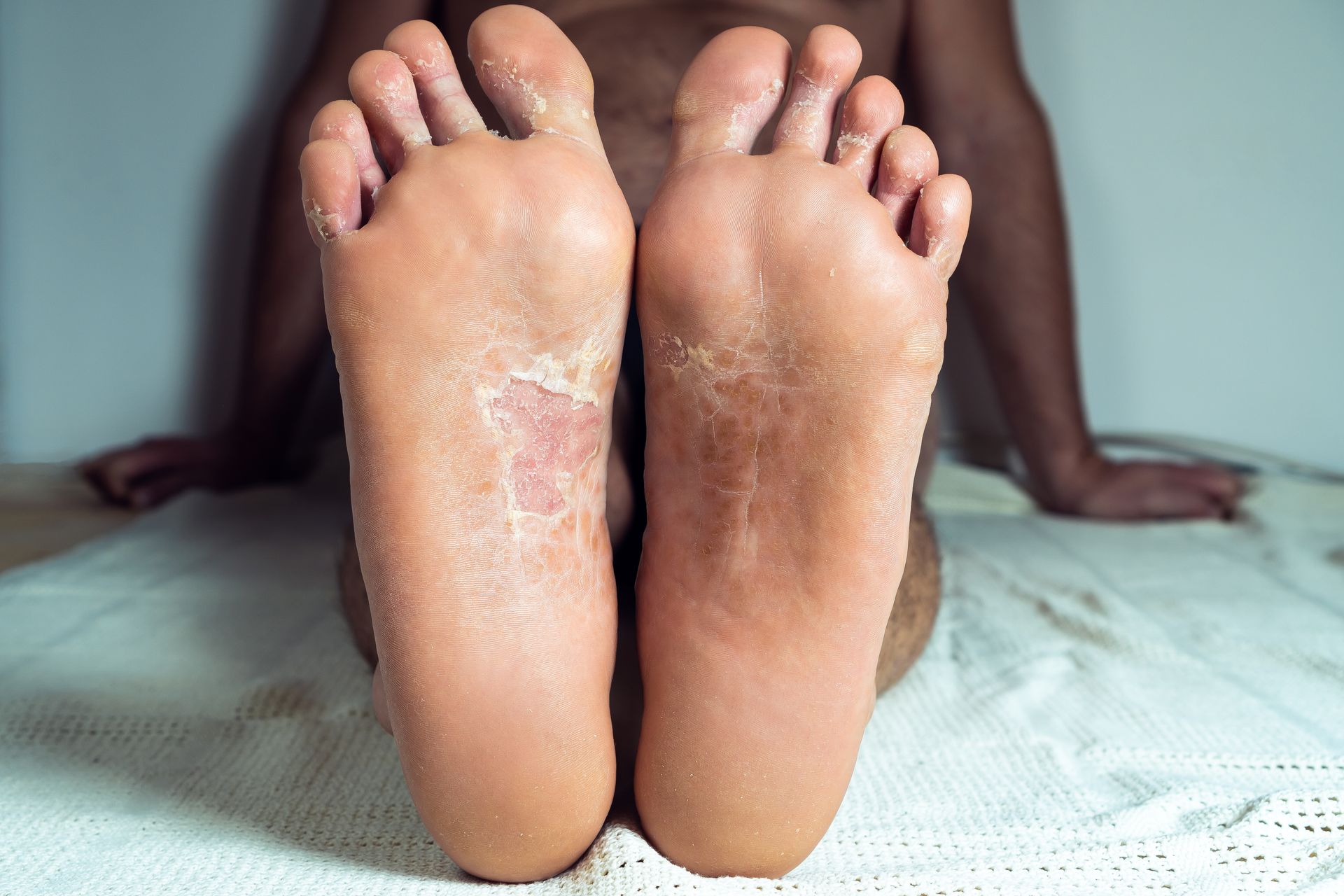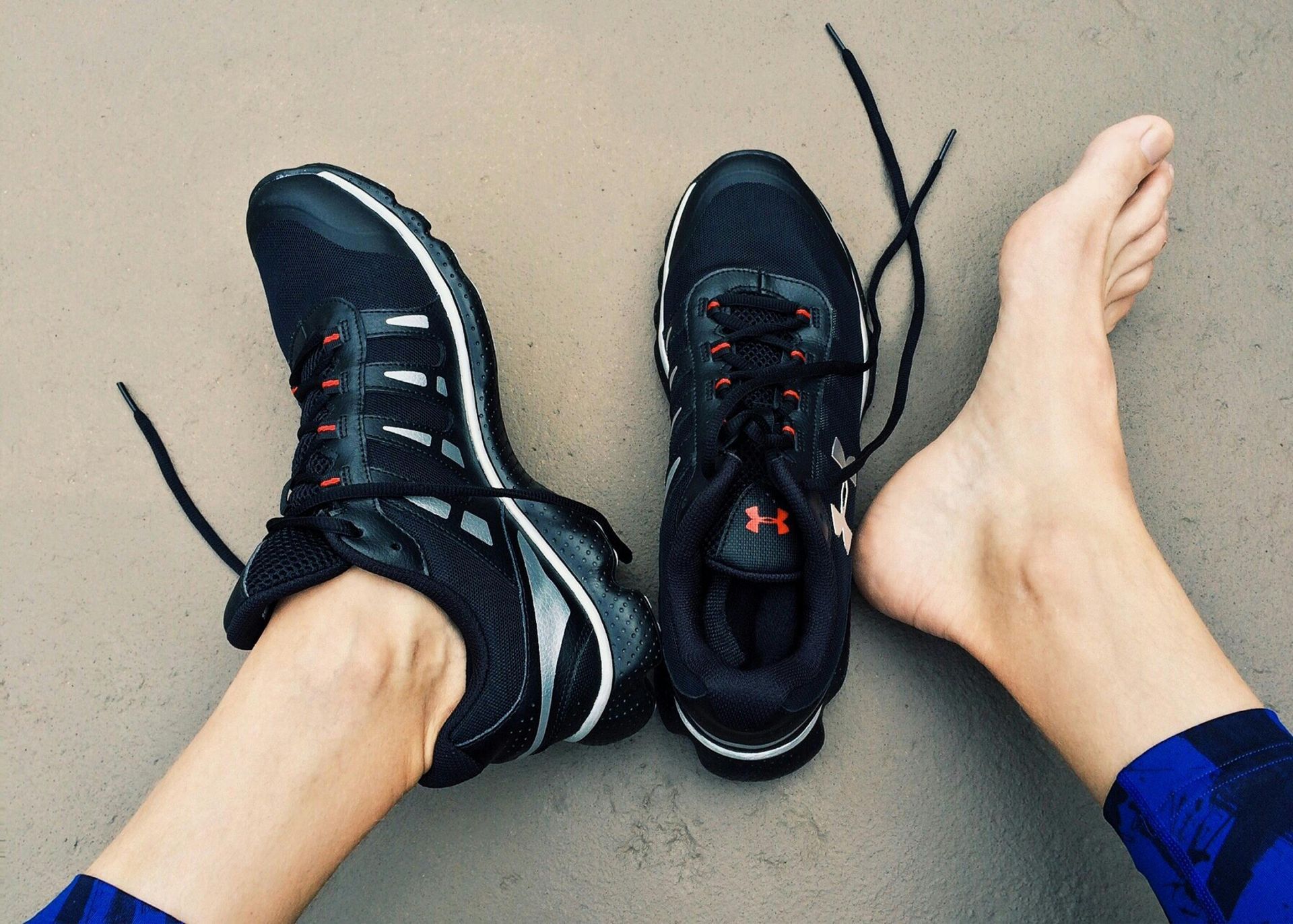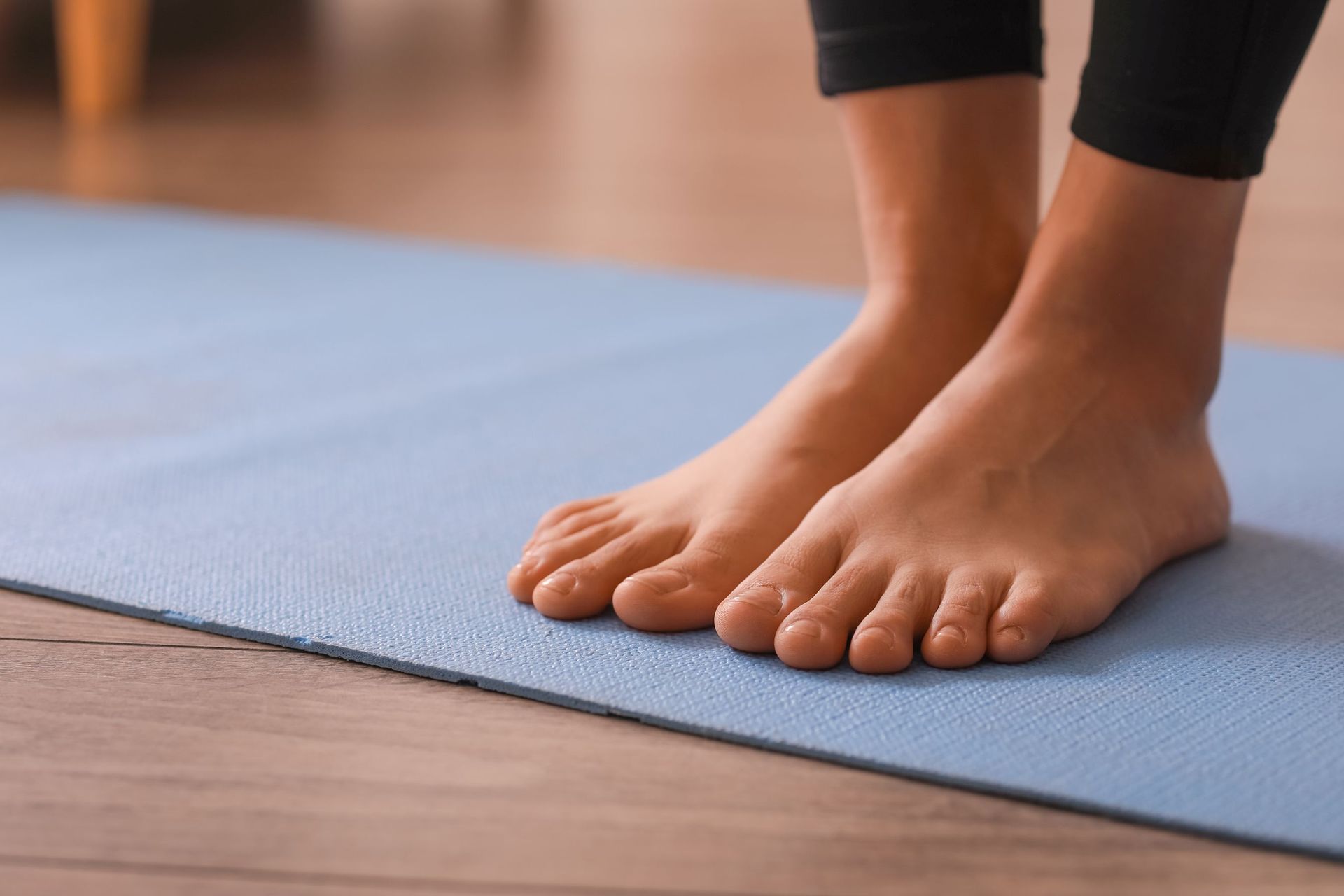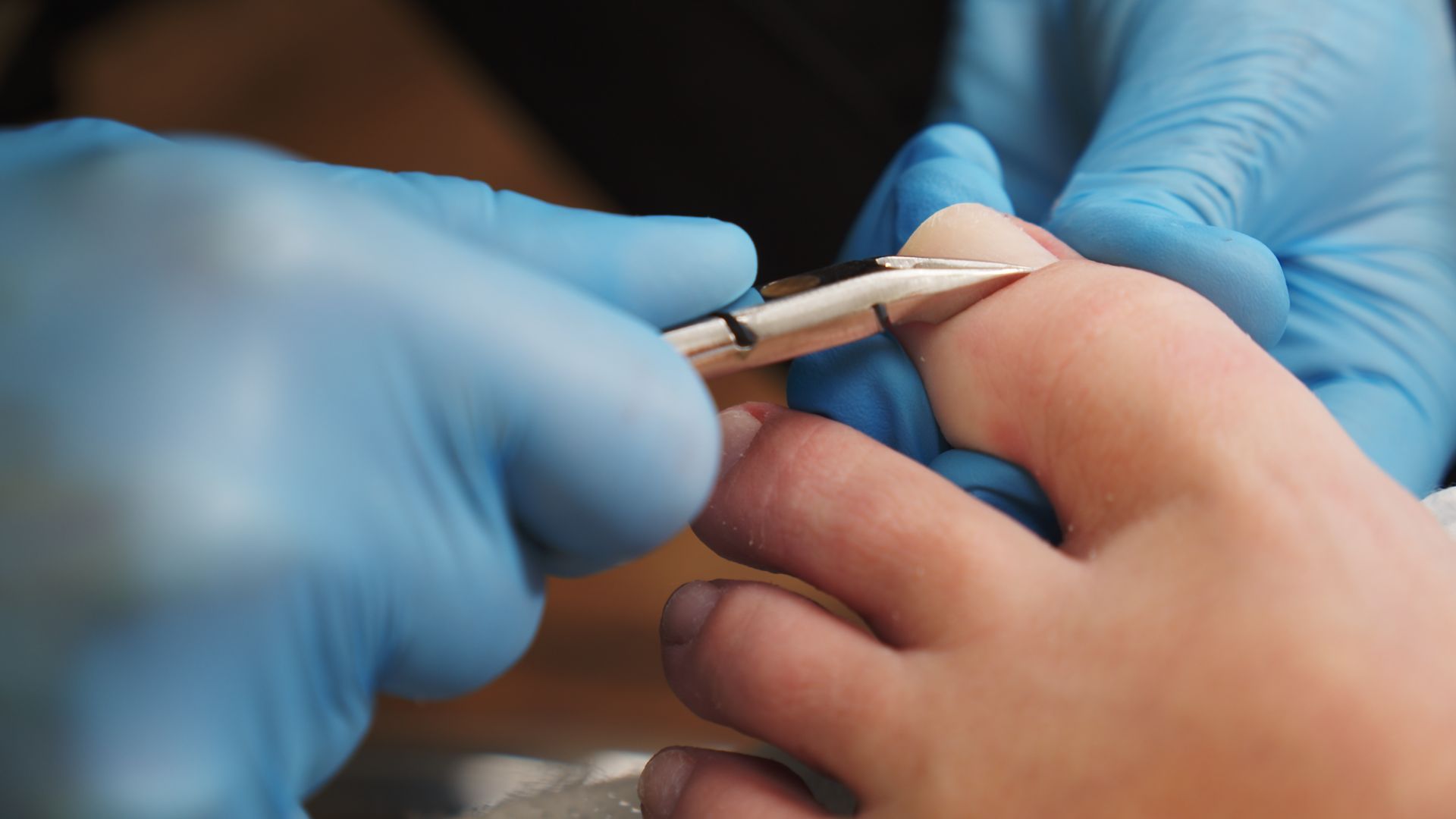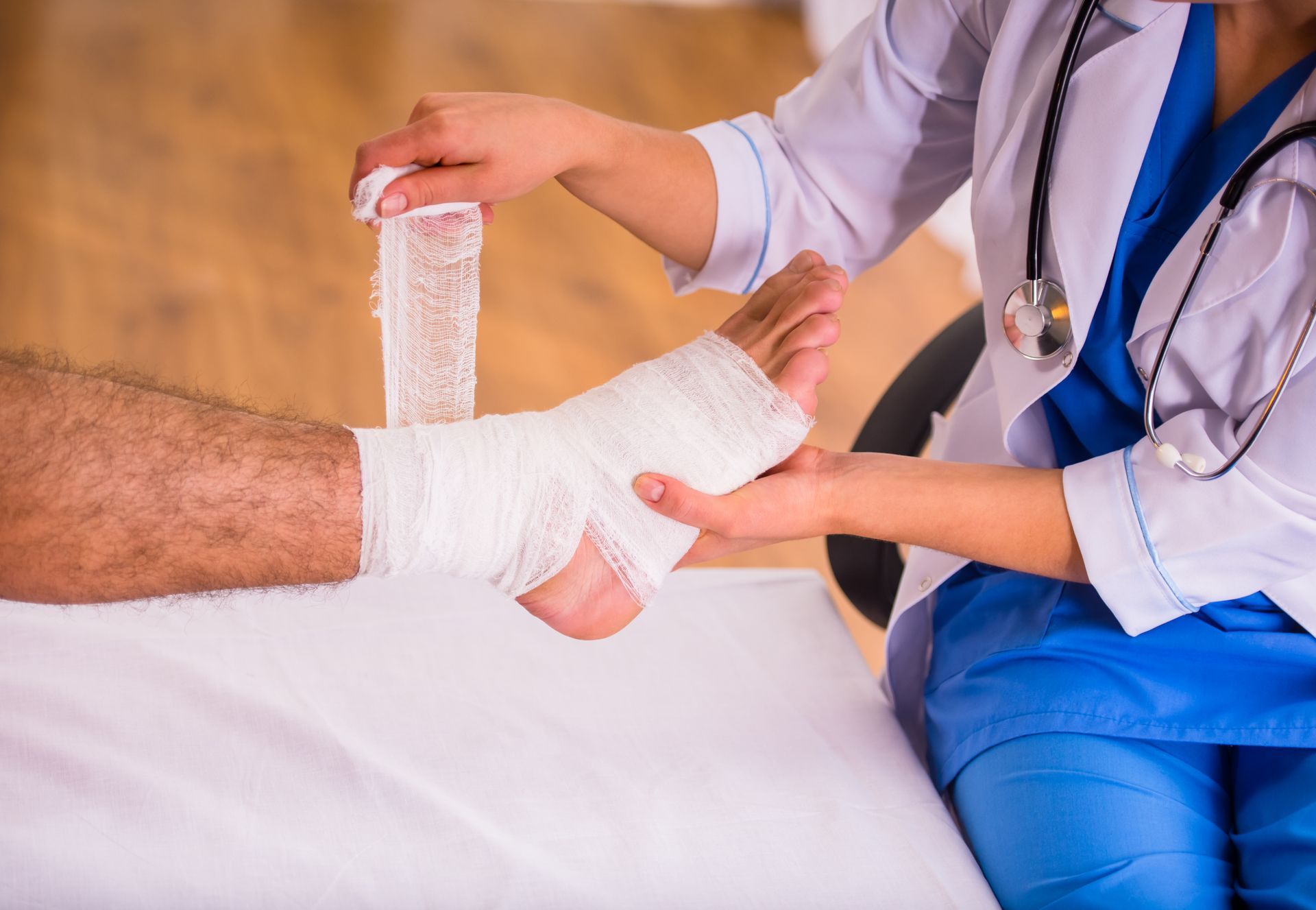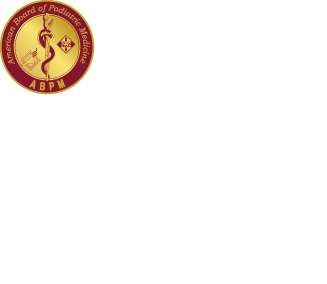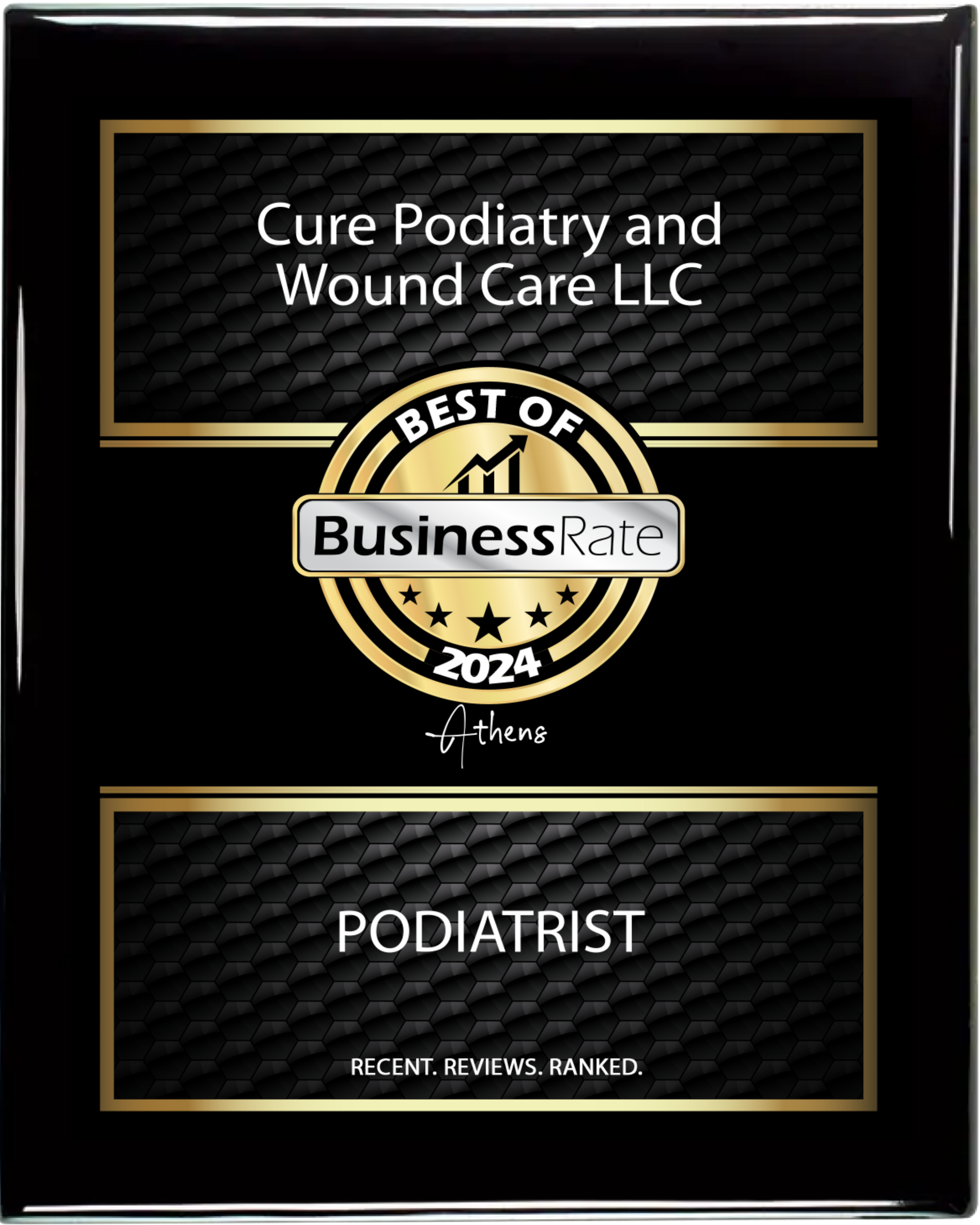Class IV Remy Laser Therapy: A Breakthrough Solution for Foot and Ankle Pain
Foot and ankle pain is a common complaint among individuals of all ages, often stemming from a range of conditions including plantar fasciitis, Achilles tendinitis, arthritis, neuropathy, and sports-related injuries. While traditional treatment options like physical therapy, medications, and orthotics remain widely used, an innovative and non-invasive modality known as class IV laser therapy is rapidly gaining traction for its effectiveness in managing and alleviating chronic and acute pain in the lower extremities.
What Is Class IV Remy Laser Therapy?
Class IV Remy laser therapy involves the use of a high-powered laser that delivers specific wavelengths of light energy deep into the tissues. This therapeutic laser penetrates several centimeters into the body, where it stimulates cellular activity, promotes tissue repair, and reduces inflammation. Unlike low-level (Class I-III) lasers, Class IV lasers are more powerful and capable of treating deeper and broader areas of the body, making them particularly effective for addressing musculoskeletal issues in the foot and ankle.
Key Benefits of Class IV Remy Laser Therapy
1. Effective Pain Relief
One of the most compelling advantages of Class IV laser therapy is its ability to provide rapid and lasting pain relief. The laser works by modulating nerve function and blocking pain signals to the brain, reducing the perception of discomfort. This can be especially beneficial for patients suffering from plantar fasciitis or Achilles tendinitis, where persistent pain can significantly impair mobility and quality of life.
2. Accelerated Healing
Laser therapy enhances the body's natural healing processes by stimulating mitochondrial activity within cells, leading to increased production of ATP (adenosine triphosphate). This energy boost supports faster cell regeneration, collagen synthesis, and tissue repair. As a result, individuals dealing with soft tissue injuries or post-surgical recovery often experience reduced healing times and improved functional outcomes.
3. Reduction of Inflammation and Swelling
Many foot and ankle conditions are characterized by inflammation, which contributes to pain and stiffness. Class IV laser therapy promotes vasodilation and improves lymphatic drainage, helping to decrease edema and inflammatory markers in the affected tissues. This anti-inflammatory effect can be particularly helpful for those with arthritis or overuse injuries.
4. Non-Invasive and Drug-Free
Unlike corticosteroid injections or prescription pain medications, Class IV laser therapy is non-invasive and does not involve any pharmaceuticals. This makes it an appealing option for patients who prefer a holistic approach or who may be at risk of side effects from traditional medications. Sessions are typically brief, painless, and performed in-office without the need for downtime.
5. Improved Circulation and Nerve Function
Foot and ankle injuries often compromise circulation, which can hinder recovery. Laser therapy helps improve blood flow to the targeted area, delivering oxygen and nutrients while removing metabolic waste. Additionally, in conditions like peripheral neuropathy, Class IV laser therapy can support nerve regeneration and reduce symptoms like burning, tingling, and numbness.
Conditions Commonly Treated
Class IV Remy laser therapy is versatile and has been successfully used to treat a wide range of foot and ankle conditions, including:
- Plantar fasciitis
- Achilles tendinitis
- Sprains and strains
- Arthritis (osteoarthritis and rheumatoid arthritis)
- Peripheral neuropathy
- Bursitis
- Post-operative pain and healing
A Safe and Effective Solution
With minimal risk and a high safety profile when administered by trained professionals, Class IV laser therapy represents a promising tool in the management of foot and ankle pain. While individual results may vary depending on the severity and type of condition, many patients report significant improvements after just a few sessions.
Call Cure Podiatry & Wound Care about our Laser Therapy Services
For those seeking a modern, non-invasive, and effective treatment for foot and ankle pain, Class IV laser therapy offers a compelling alternative to surgery or long-term medication use. By accelerating healing, reducing pain and inflammation, and restoring function, this advanced technology is transforming the way we treat common and complex lower extremity conditions, helping patients get back on their feet, faster and stronger than before.
Cure Podiatry & Wound Care provides quality podiatric care in a family-friendly setting. We diagnose and treat your wound, as well as educate our patients. Dr. Mahzoon, an ABPM Board Certified Podiatrist with extensive experience in wound care, also provides excellent foot and ankle care. We will work closely with your primary care doctor, vascular, infectious disease, and other specialists to formulate the best course of treatment. If you are in need of laser therapy, contact us to schedule an appointment today.
Cure Podiatry & Wound Care
1135 Prince Ave
Athens, GA 30606
706-405-7773

